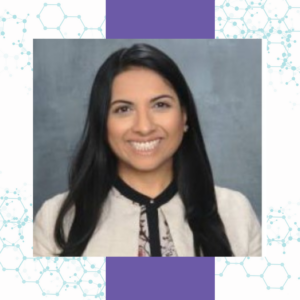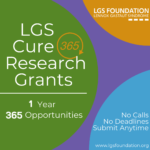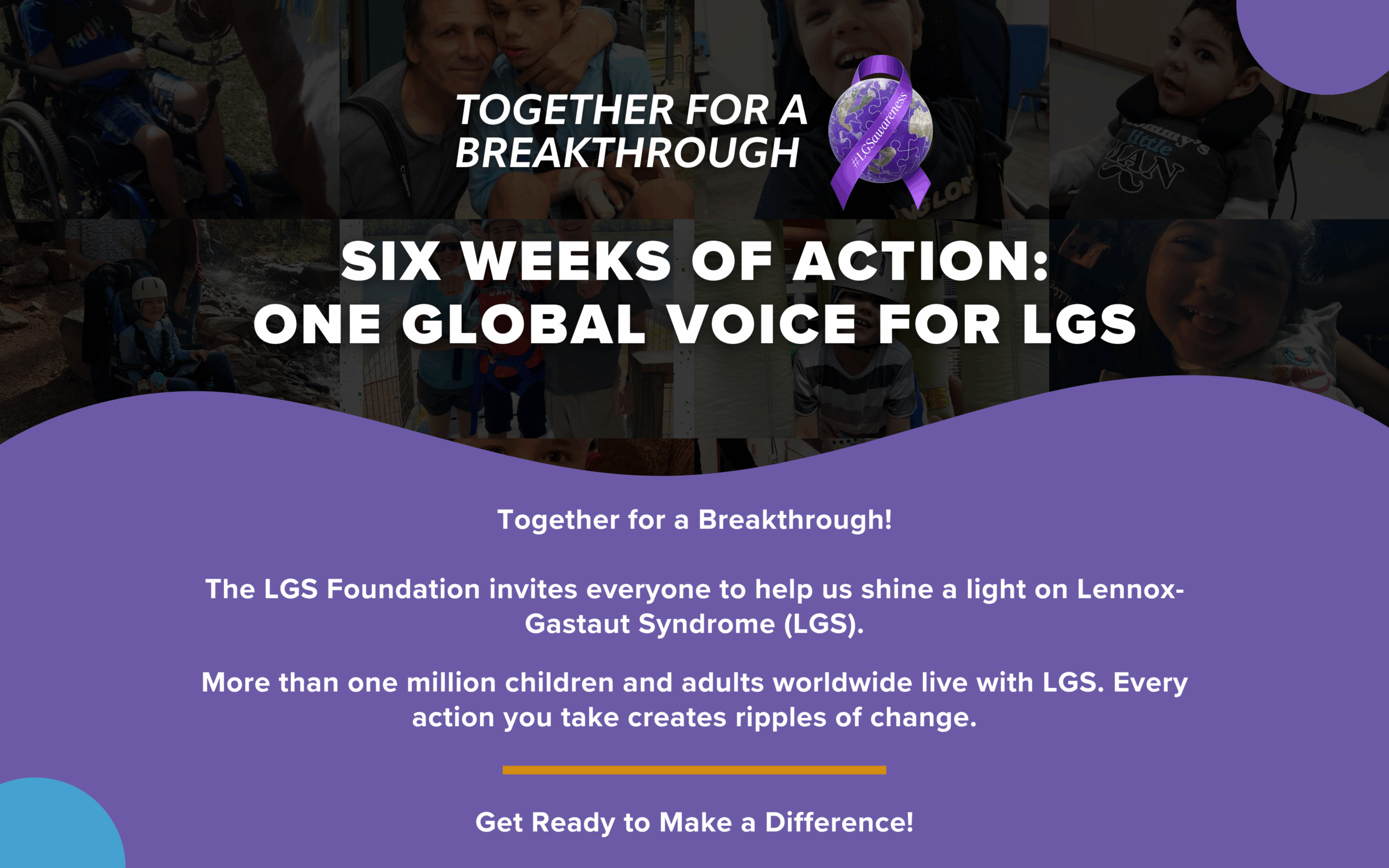2023 Grant Recipient- Gita Gupta

Sleep Evaluation for Children with LGS – A Pilot Study
Gita Gupta, MD
Highlights:
- Assesses sleep in children with LGS using a combination of in-clinic and home evaluations, wearable devices, and questionnaires to reveal medical and behavior issues in those with LGS.
- Determines the feasibility of collecting longitudinal sleep data in the home environment for children with LGS.
- Seeks to understand the association between sleep quality and seizure severity.
Results: Grant In Progress
Results will be shared when the grant is completed.
Lay Abstract:
Parents and healthcare providers of children with Lennox-Gastaut Syndrome (LGS) report that sleep disturbances are numerous, frequent, and concerning.
Sleep disturbances and insufficient sleep are associated with seizures, and sleep apnea is a proposed risk factor for Sudden Unexpected Death in Epilepsy (SUDEP). Persistently abnormal sleep can also lead to problems like an increase in seizure frequency, worse quality of life (QOL) for both the child with LGS and their family, imbalance in the nervous system (autonomic instability), altered brain development, disease of the heart and circulatory system (cardiovascular disease), disorders of the circulatory system of the lungs (pulmonary hypertension), metabolic disease (e.g. diabetes), prolonged poor gas exchange in the lungs (chronic hypoventilation) and even ventilator dependence. Most studies of sleep in LGS describe brain waves (electroencephalogram; EEG) and the EEG characteristics of sleep studies (also known as polysomnograms; PSG). No studies have systematically described the extent and types of sleep problems in children with LGS.
Therefore, we propose the following:
Aim 1: Determine which combination of sleep questionnaires, data collected from wearable devices, home sleep apnea tests, and formal PSGs provides the most feasible and rigorous assessments of sleep for children with LGS.
Aim 2: Determine the feasibility of collecting longitudinal sleep data (multiple measurements over days or even weeks) in the home environment for children with LGS.
 The LGS Foundation accepts unsolicited proposals year-round to seed new basic, translational, and clinical research projects on LGS. Projects may be funded at the $25,000, $50,000, or $75,000 level.
The LGS Foundation accepts unsolicited proposals year-round to seed new basic, translational, and clinical research projects on LGS. Projects may be funded at the $25,000, $50,000, or $75,000 level.
Updated 01/09/25 (KK)

